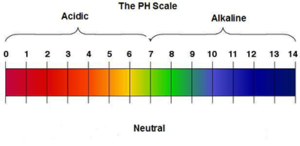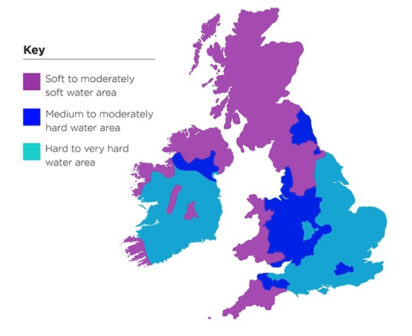Eines der größten Probleme in der heutigen Kaffeeindustrie ist ein Problem, mit dem sich die Branche seit über 40 Jahren auseinanderzusetzen versucht.
To make a great tasting coffee or tea you need to have great tasting water and this has always been a problematic issue for the coffee and tea vending industry due to the many issues with taste and machine reliability. Baristas and other coffee ‘experts’ have stated that high levels of these elements are needed to extract the flavour from the coffee and tea.
The main problem is that the water in our country is constantly changing and in some areas water supply companies frequently mix localised water with other water sourced from around the country, therefore causing fluctuating pH levels.
 Neutral water is 7 pH, anything that lowers the pH drastically could cause acidic water. For example a pH value of 4 is ten times more acidic than pH 5 and 100 times more acidic than pH 6. Acidic water can result in the consumer experiencing bitter or metallic tasting drinks. Ideally a minimum of 6.5 should be observed in all coffee/tea machines.
Neutral water is 7 pH, anything that lowers the pH drastically could cause acidic water. For example a pH value of 4 is ten times more acidic than pH 5 and 100 times more acidic than pH 6. Acidic water can result in the consumer experiencing bitter or metallic tasting drinks. Ideally a minimum of 6.5 should be observed in all coffee/tea machines.
Another issue is machine reliability due to scale build up as this cost the industry millions of wasted man hours during a year and is one of the ever increasing costs. Excessive scale build up can cause the machines to break down with issues such as blocked pipes, temperature control problems, leaks etc which will in turn potentially leave a customer with no machine and costly servicing.


